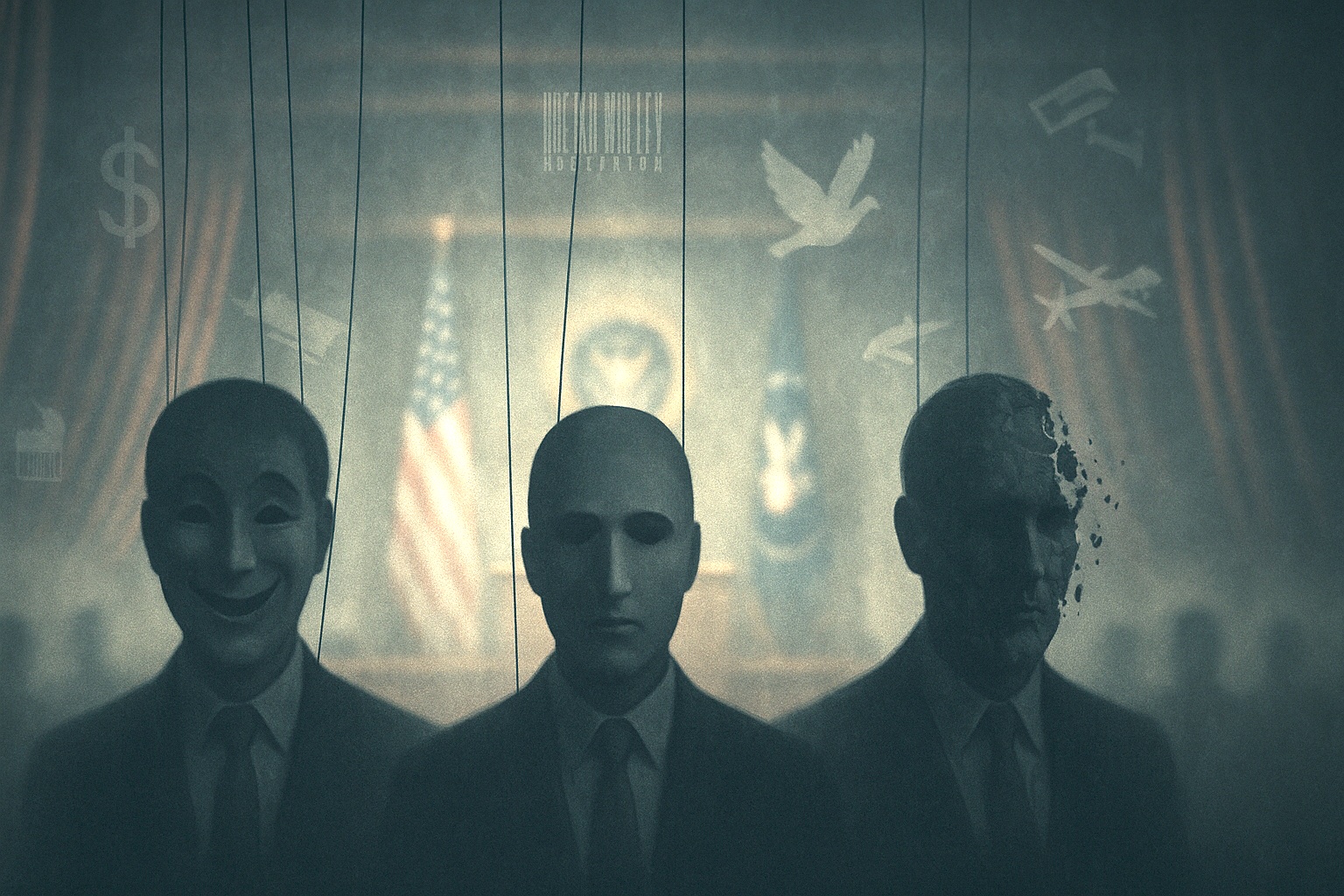This conversation cuts through surface-level discourse to expose the deeper currents shaping our collective reality. It challenges the dominant narratives of climate, energy, and technological “solutions” — not with counter-narratives, but with discernment, inquiry, and a refusal to accept manufactured crises as truth. In a world gripped by illusion and driven by commodified fear, what emerges here is a call to reclaim clarity, sovereignty, and alignment with what is natural, real, and enduring.
Tag: propaganda
In this video, I reflect on the nature of inner knowing — what it is, how it’s shaped, and how we learn to trust it. I explore the layers of truth we inherit, adopt, or discard over time, and speak to the process of deepening into our own lived, intuitive wisdom. It’s not about certainty or performance, but presence — about showing up with sincerity for the unfolding of our own story.




